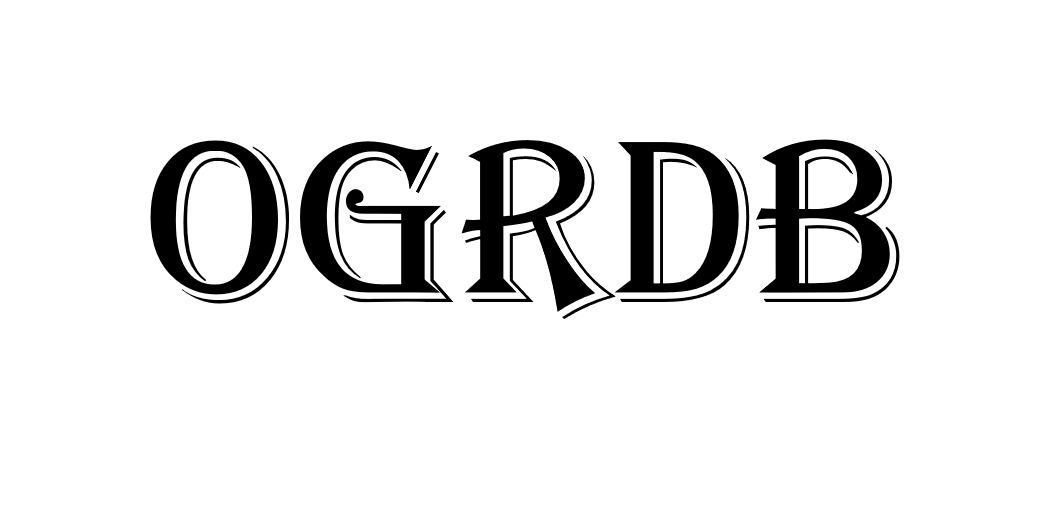Details
| Species | Homo sapiens |
| Species subgroup | |
| Subgroup type | |
| Sequence Name | IGHV4-4*i01 |
| IUIS Name | IGHV4-4*03 |
| Alternative names | |
| Affirmation Level | 1 |
| Full Sequence | |
| Coding Sequence | |
| Functionality | F |
| Inference Type | Rearranged Only |
| Mapped | |
| Paralogs | |
| Paralog Rep |
Un-rearranged Observations
Un-rearranged sequence observations that support this sequence:
Observations in AIRR-seq Repertoires
Click here to review supporting data in VDJbase.
Clicking the link will take you to VDJbase. Open in a new tab if you want to keep this page open. In VDJbase, click on the count in the Apperances column to see a list of samples in which the sequence was found.
CDR delineation
| CDR1 Start | |
| CDR1 End | |
| CDR2 Start | |
| CDR2 End | |
| CDR3 Start |
Non-Core Regions
| Exon 1 Start | |
| Exon 1 End | |
| Exon 2 Start | |
| Exon 2 End | |
| Exon 3 Start | |
| Exon 3 End | |
| Exon 4 Start | |
| Exon 4 End | |
| Exon 5 Start | |
| Exon 5 End | |
| Exon 6 Start | |
| Exon 6 End | |
| Exon 7 Start | |
| Exon 7 End | |
| Exon 8 Start | |
| Exon 8 End | |
| Exon 9 Start | |
| Exon 9 End | |
| UTR 3' Start | |
| UTR 3' End |
Extension
| 3' Extension | tgcgagag |
| 3' start | 312 |
| 3' end | 319 |
Additional Information
| Sequence ID | A00008 |
| Curator | |
| Curator address | School of Biotechnology and Biomolecular Sciences, University of New South Wales, Sydney Australia |
| Version | 2 |
| Release Date | 2019-04-12 |
| Release Notes | In line with IARC policy, the submitted sequence was recognized up to and including nucleotide 319. A trailing “.” indicates IARC’s opinion that the sequences likely to contain an additional/additional 3’ nucleotide(s) for which there is insufficient evidence to make an affirmation. |
| Locus | IGH |
| Sequence Type | V |
| Gene Subgroup | 4 |
| Gene Designation | 4 |
| Allele Designation | i01 |
| Gene start | |
| Gene end |
Notes
Notes are added by IARC reviewers.
| Originally approved by IARC on April 13, 2018. “The sequence is present at relatively high frequency (0.6%), in the IgDiscover analysis. It was inferred by IgDiscover, TIger and Partis. Haplotype analysis showed two IGHV4-4-like sequences associated with the IGHJ6*02 haplotype – this inference and a second inference that is most similar to IGHV4-4*08. The likely major duplication of B16 is associated with the IGHJ6*03 haplotype. Given the similarities between IGHV4-4*08 and IGHV4-61, and given that this haplotype does not include an IGHV4-61 sequence, the committee concluded that this sequence could be accepted as Level 1. Although in this analysis the sequence was shown to be most similar to IGHV4-4*01, the committee believes that this inference extends the partial sequence IGHV4-4*03.” (April 12, 2019) In line with IARC policy, the submitted sequence was recognized up to and including nucleotide 319. A trailing “.” indicates IARC’s opinion that the sequences likely to contain an additional/additional 3’ nucleotide(s) for which there is insufficient evidence to make an affirmation. |
Attachments
History
History logs the times and reasons for the publication of each version of this sequence.
| Mats Ohlin 2018-12-21 12:16:43 | Version 1 published Submission published by IARC on Dec 21, 2018. |
| Mats Ohlin 2019-04-12 14:35:18 | Version 2 published In line with IARC policy, the submitted sequence was recognized up to and including nucleotide 319. A trailing “.” indicates IARC’s opinion that the sequences likely to contain an additional/additional 3’ nucleotide(s) for which there is insufficient evidence to make an affirmation. |
Changes from previous version
| v1 | v2 | |
|---|---|---|
| IUIS Name | IGHV4-4*03 (now extended) | IGHV4-4*03 |
| Alternative names | ||
| Full Sequence | ||
| Coding Sequence | ||
| Paralogs | ||
| Notes | changed |
Versions
All published versions of this sequence.
| Sequence Name | IMGT Name | Version | Date |
|---|---|---|---|
| IGHV4-4*i01 | IGHV4-4*03 (now extended) | 1 | 2018-12-21 |
| IGHV4-4*i01 | IGHV4-4*03 | 2 | 2019-04-12 |
| IGHV4-4*03 | IGHV4-4*03 | 3 | 2023-07-10 |

